I am fortunate to have been raised in an artistic household with an appreciation of the arts. Our home was full of literature, poetry, art, science, history, geography, classical music, opera, jazz, and film. My mother was a classical pianist and my father was an economist, banker, and novelist. My sister performed in musicals and is a published novelist. This environment instilled in me artistic and poetic principles which made me better in writing, dance, strategic thinking, economics, and finance. I passed on this trait to my daughter who is a writer, fine artist, illustrator, stylist, and designer. In turn her son is an artist and her daughter is a jazz musician.
This example has been relearned by academia and business – that the arts foster creativity and develop better scientists, lawyers, engineers, doctors, managers, and so on. Municipalities have learned that the arts drive economic development and commerce.
Art is universal, our minds and spirits are hard wired for beauty and aesthetics. Art uplifts the mind and soul, it touches our most inner thoughts and emotions. Art is fundamental to the human condition. It is who we are and it is essential to human survival. Fostering art is critical to creativity and innovation – science comes from art. Art raises our cognitive abilities, it make us more intelligent. Modern humans evolved and surpassed other species because of art.
Through the artist’s reflections, we see our own creative force. The artist inspires us to transcend our own humanity and to delve deeper into our soul’s inscrutable source.
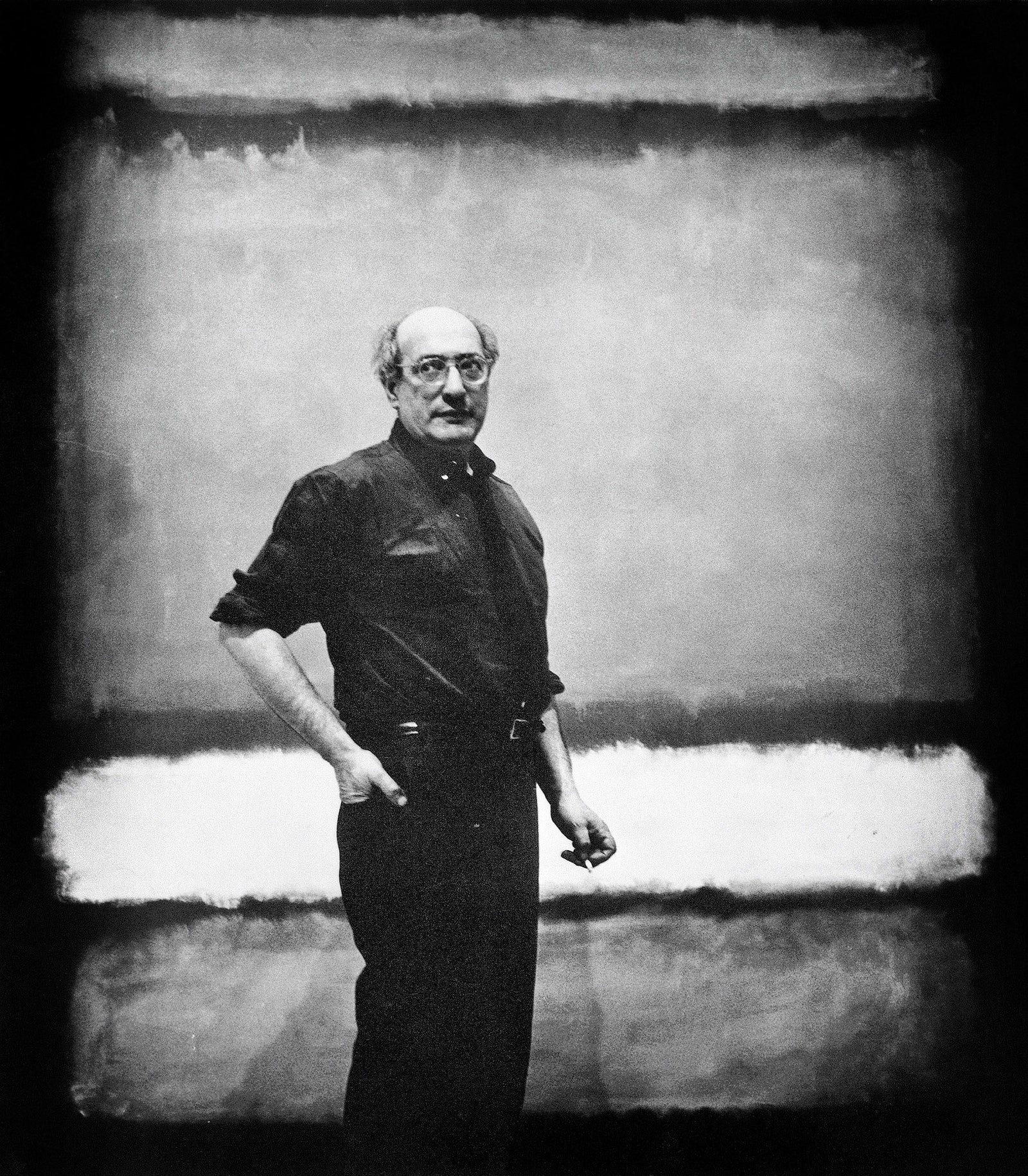
Mark Rothko
Artists On Art
“Perhaps the mission of an artist is to interpret beauty to people – the beauty within themselves.” Langston Hughes
“Every child is an artist. The problem is how to remain an artist once we grow up.” Pablo Picasso
“To look at a thing is very different from seeing it.” Oscar Wilde
“Art can never exist without naked beauty displayed.” William Blake
“True art can only spring from the intimate linking of the serious and the playful.” Goethe
“The painter is, as to the execution of his worth, a mechanic; but as to his conception and spirit and design he is hardly below even the poet.” Friedrich Schiller
“The productions of all arts are kinds of poetry and their craftsmen are all poets.” Plato
“Art is the pleasure of a spirit that enters Nature and discovers that it too has a soul and which there divines the spirit of which Nature herself is animated.” Auguste Rodin
“A really good picture looks as if it’s happened at once. It’s an immediate image.” Helen Frankenthaler
“I don’t have an ideological approach or a doctrinaire approach to my work. I just paint from my personal feelings, and my reflexes and instincts.” Adolph Gottlieb
“I am not interested in the relationship of color or form or anything else… I’m interested only in expressing basic human emotions.” Mark Rothko
“Drawing and color (in other words, style) must be in harmony with the poem.” Paul Gauguin
“Art should be something that liberates your soul, provokes the imagination and encourages people to go further.” Keith Haring
“The principles of true art is not to portray, but to evoke.” Jerzy Kosinski
“If I could say it in words there would be no reason to paint.” Edward Hopper
“I saw the angel in the marble and carved until I set him free.” Michelangelo
“The aim of art is to represent not the outward appearance of things, but their inward significance.” – Aristotle
“Where the spirit does not work with the hand, there is no art.” Leonardo da Vinci
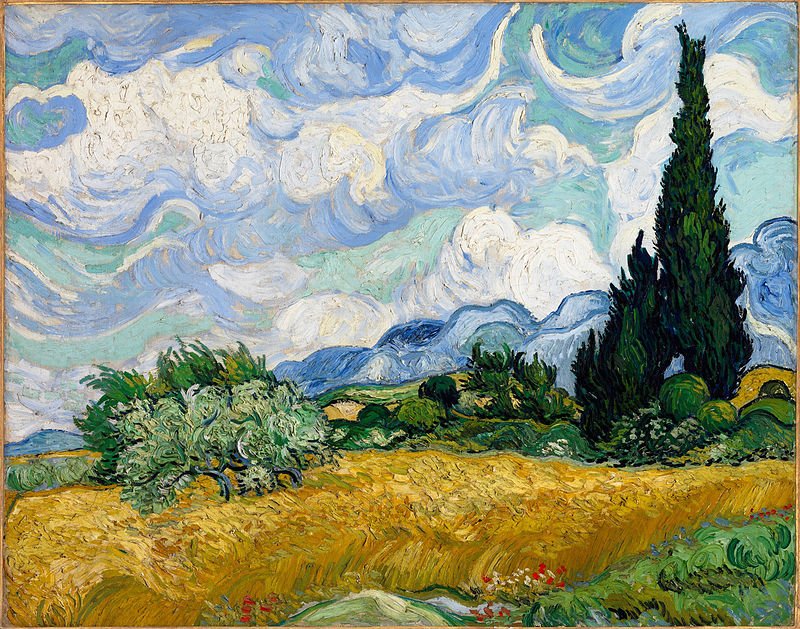
Vincent van Gogh, Wheat Field With Cypresses, 1889, Metropolitan Museum of Art, New York City.
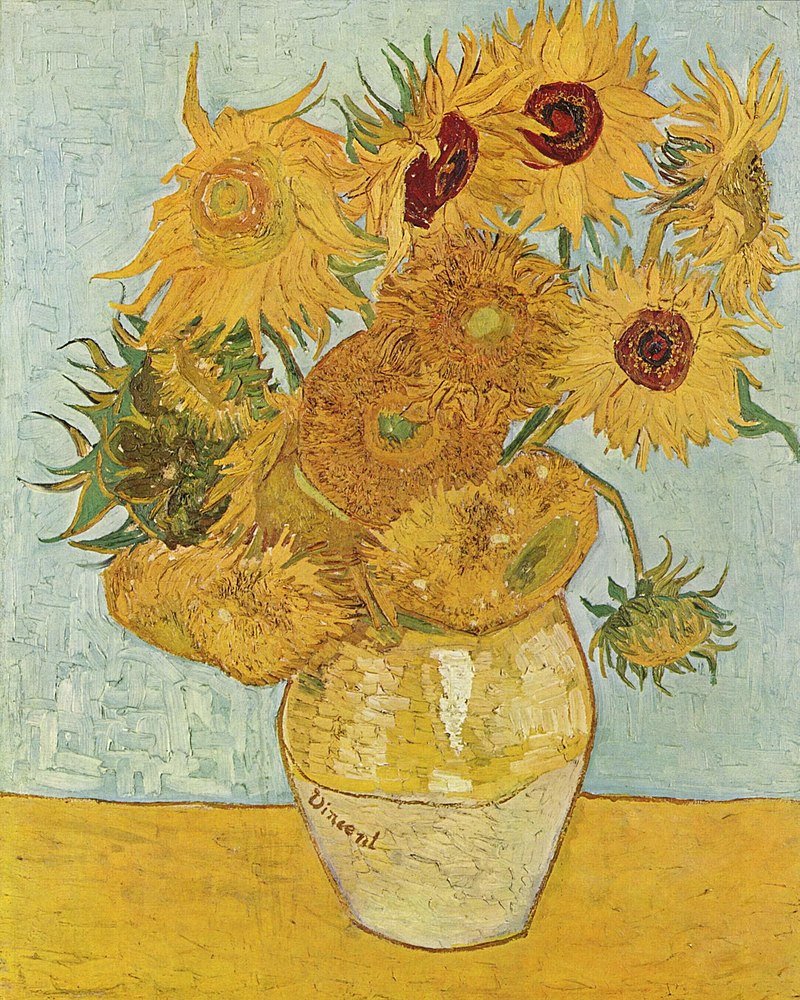
Vincent van Gogh, Still Life With Sunflowers, 1988, Neue Pinakothek, Munich.

Pieter Brueghel the Elder, The Harvesters, 1565, Metropolitan Museum of Art, New York City.
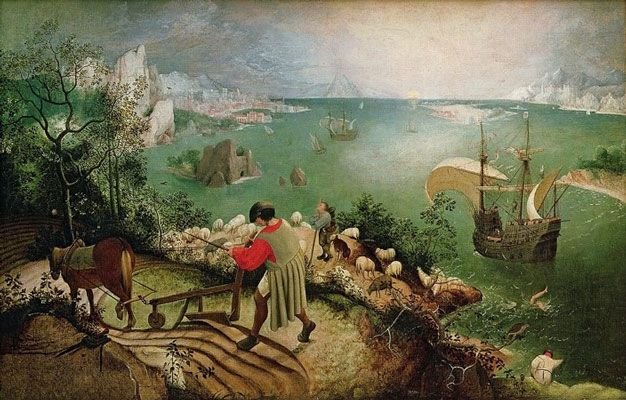
Pieter Brueghel the Elder, Landscape With the Fall of Icarus, 1560, Royal Museum of Fine Arts, Brussels.
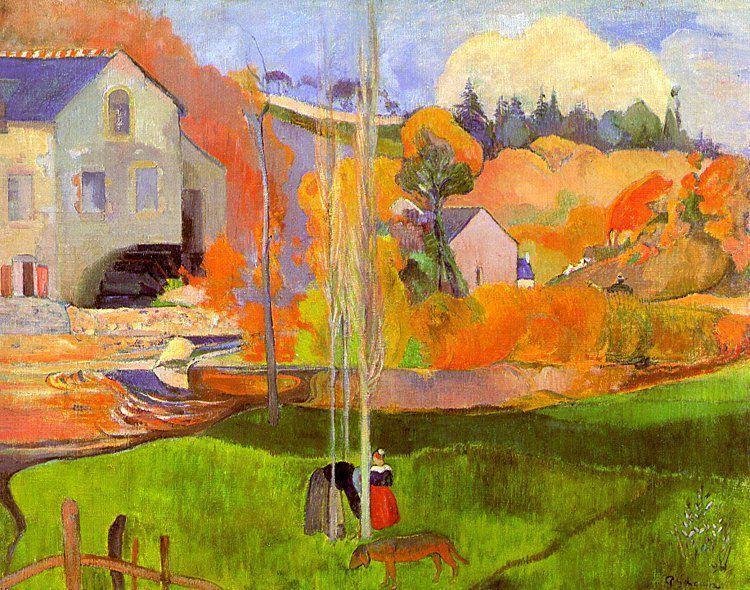
Paul Gauguin, David’s Mill, Brittany Landscape, 1894, Musee d’Orsay, Paris.
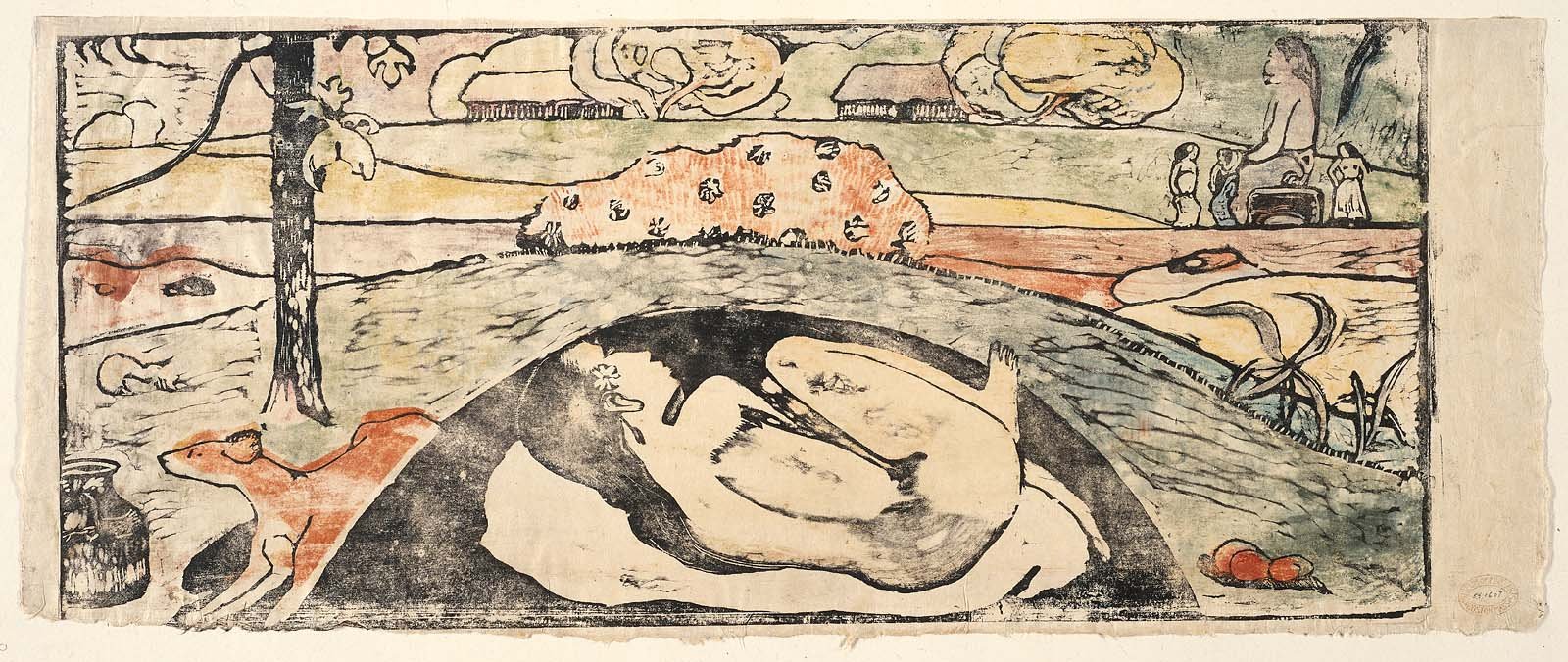 Paul Gauguin, Manou Tipapua, The Spirits of the Dead, woodcut, 1894, Museum of Fine Arts, Boston .
Paul Gauguin, Manou Tipapua, The Spirits of the Dead, woodcut, 1894, Museum of Fine Arts, Boston .
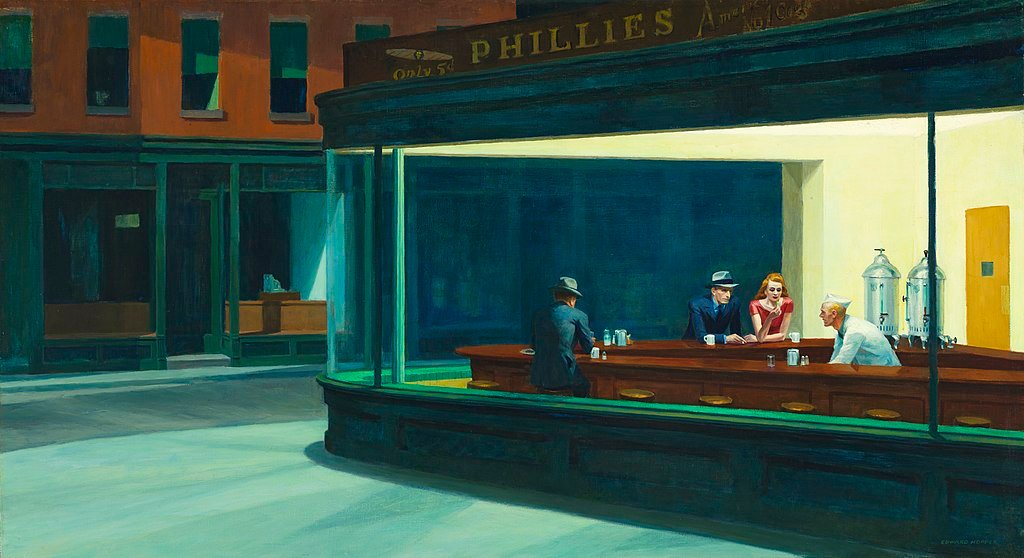
Edward Hopper, Nighthawks, 1942, Art Institute of Chicago.
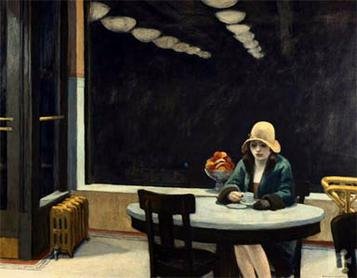
Edward Hopper, Automat, 1927, Des Moines Art Center.

J.M.W. Turner, Keelmen Heaving In Coal by Moonlight, 1835, National Gallery of Art, Washington D.C.

J.M.W. Turner, The Burning of the House of Lords, 1834, Philadelphia Museum of Art.
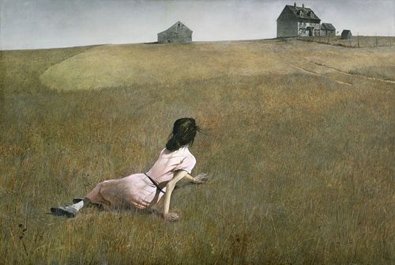
Andrew Wyeth, Christina’s World, 1948, Museum of Modern Art, New York City.

Andrew Wyeth, Trodden Weed, 1951, private collection.
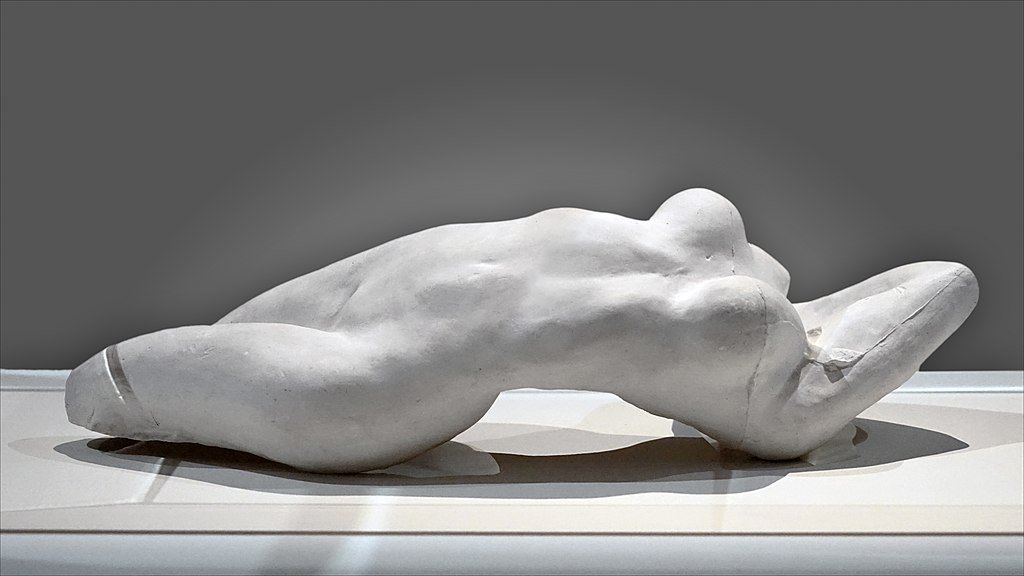
Auguste Rodin, Torso of Adele, 1884, Musee Rodin, Paris.
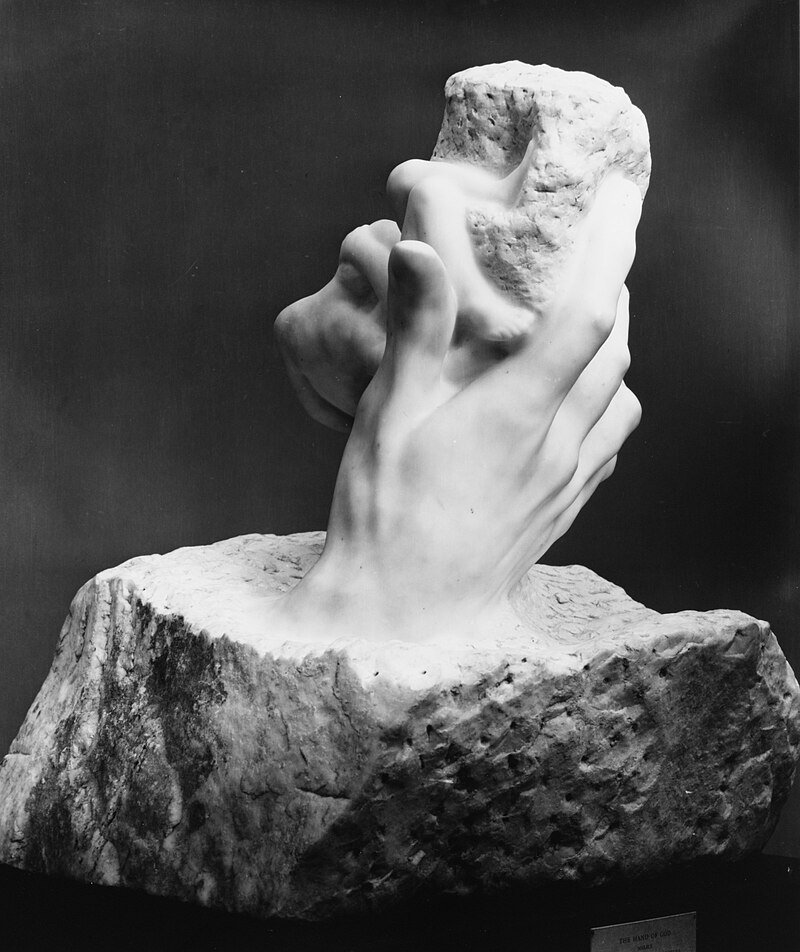
Auguste Rodin, The Hand of God, 1898, Metropolitan Museum of Art, New York City.

Rembrandt, Aristotle Contemplating a Bust of Homer, 1653, Metropolitan Museum of Art, New York City.
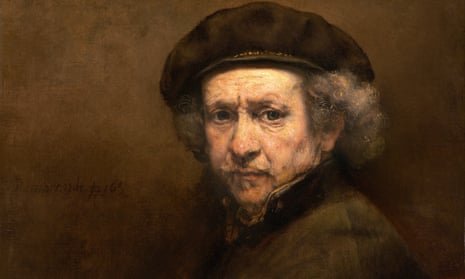
Rembrandt, Self Portrait, 1659, National Gallery of Art, Washington D.C.
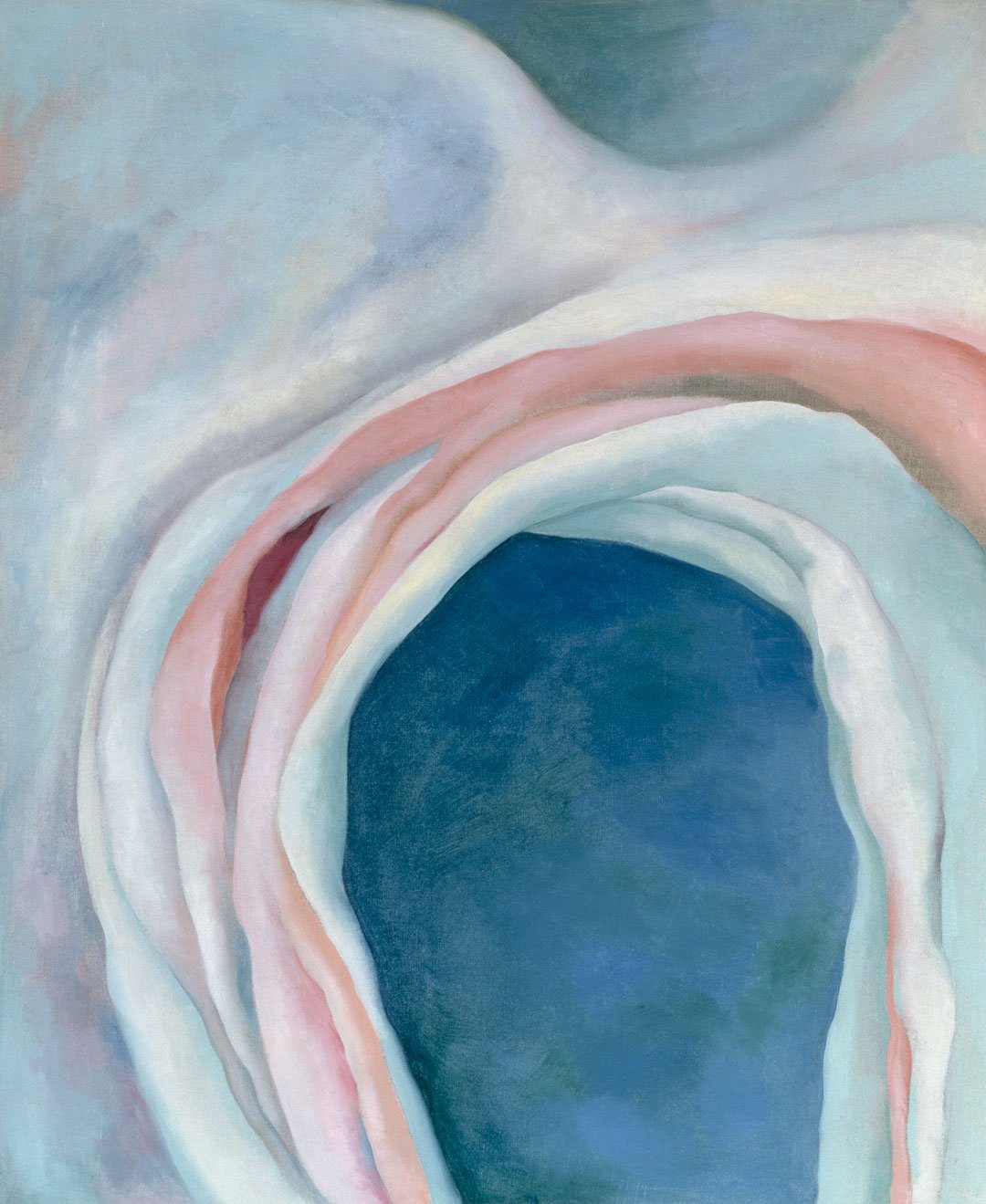
Georgia O’Keefe, Pink and Blue No. 1, 1919, Museum of Modern Art, New York City.
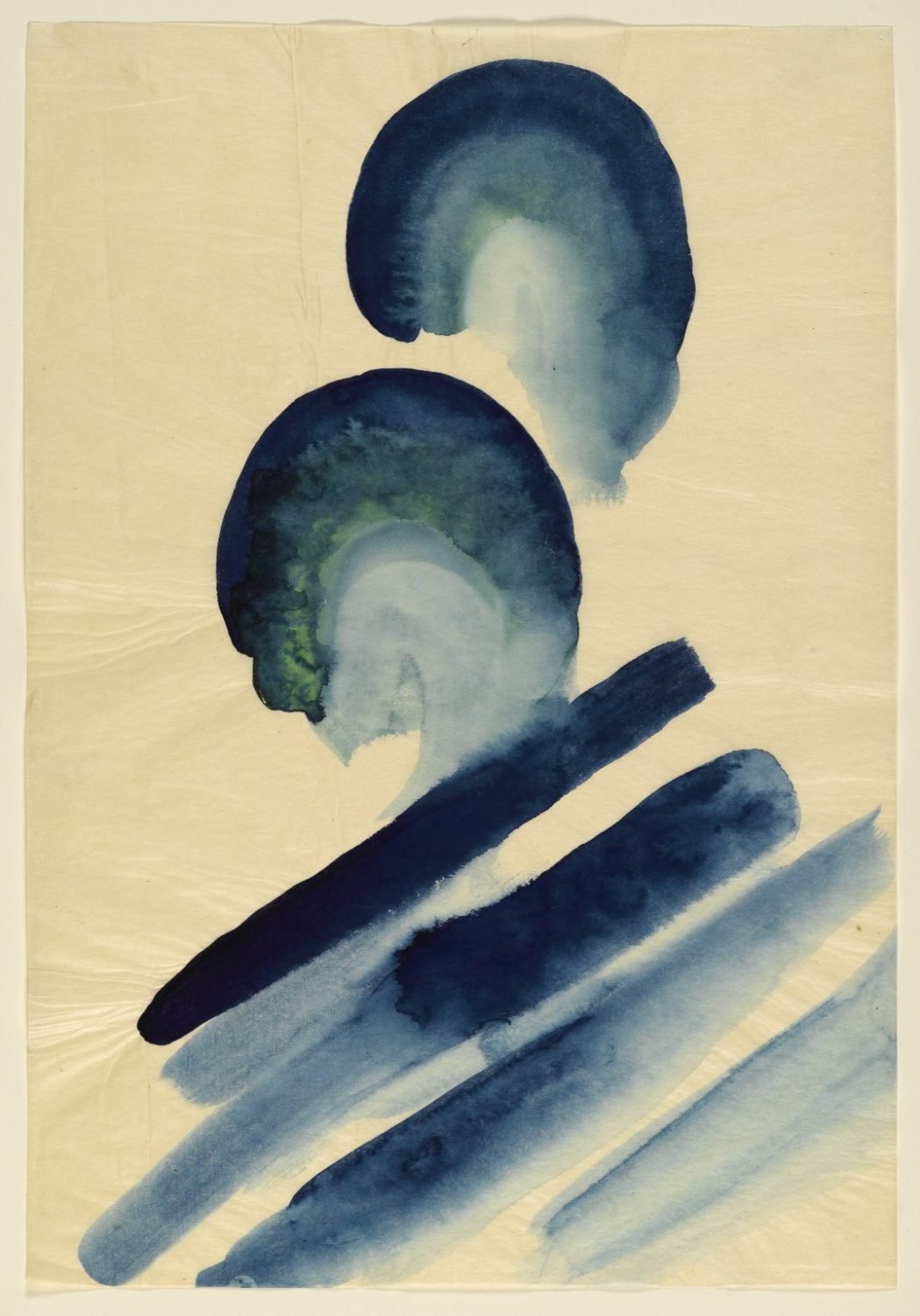
Georgia O’Keefe, Blue #2, 1916, Brooklyn Museum, New York City.
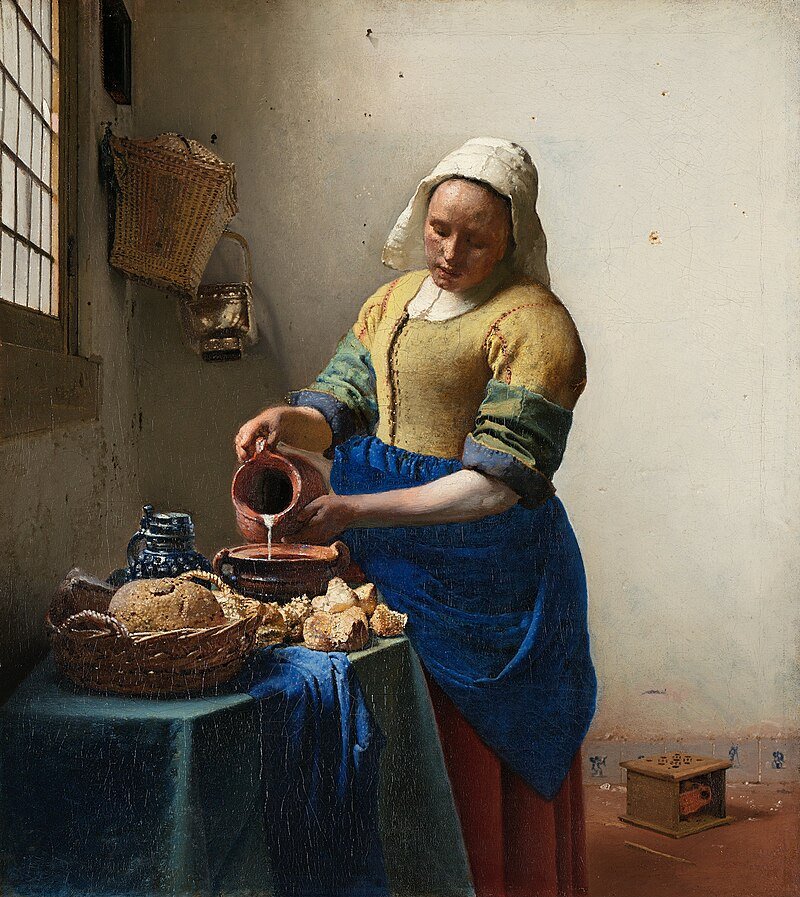
Johannes Vermeer, The Milkmaid, 1658, Rijksmuseum, Amsterdam.
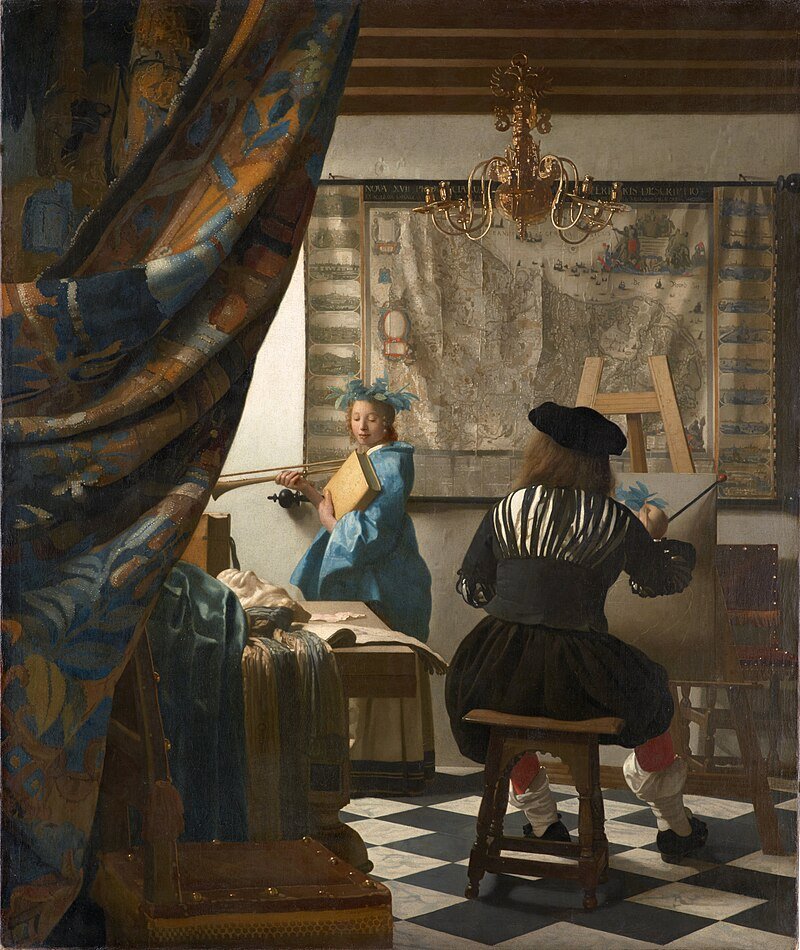
Johannes Vermeer, The Art of Painting, 1668, Kunsthistorisches, Vienna.
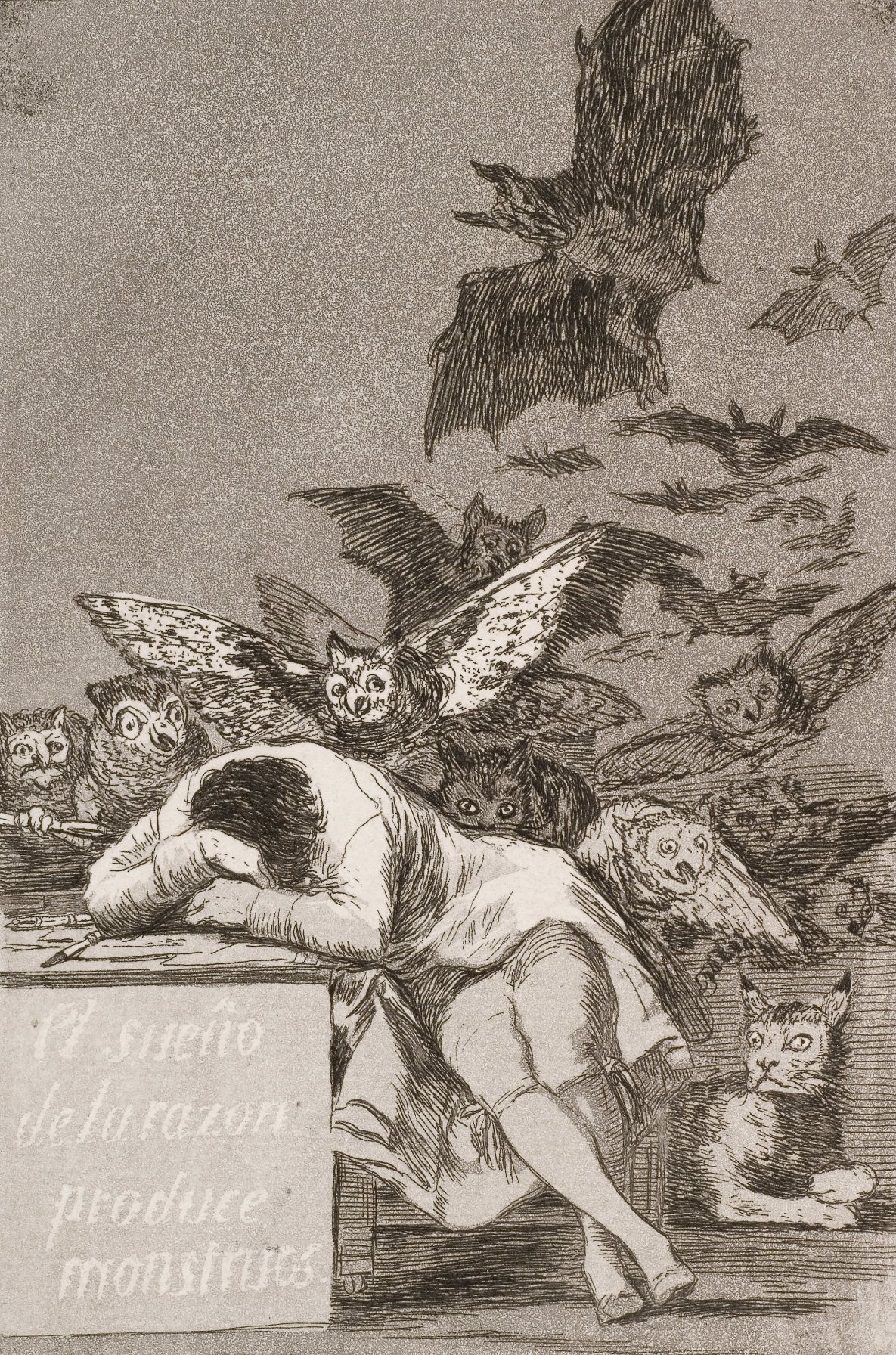
Francisco Goya, Caprichos No. 43, The Sleep of Reason Produces Monsters, 1797, Museo del Prada, Madrid.
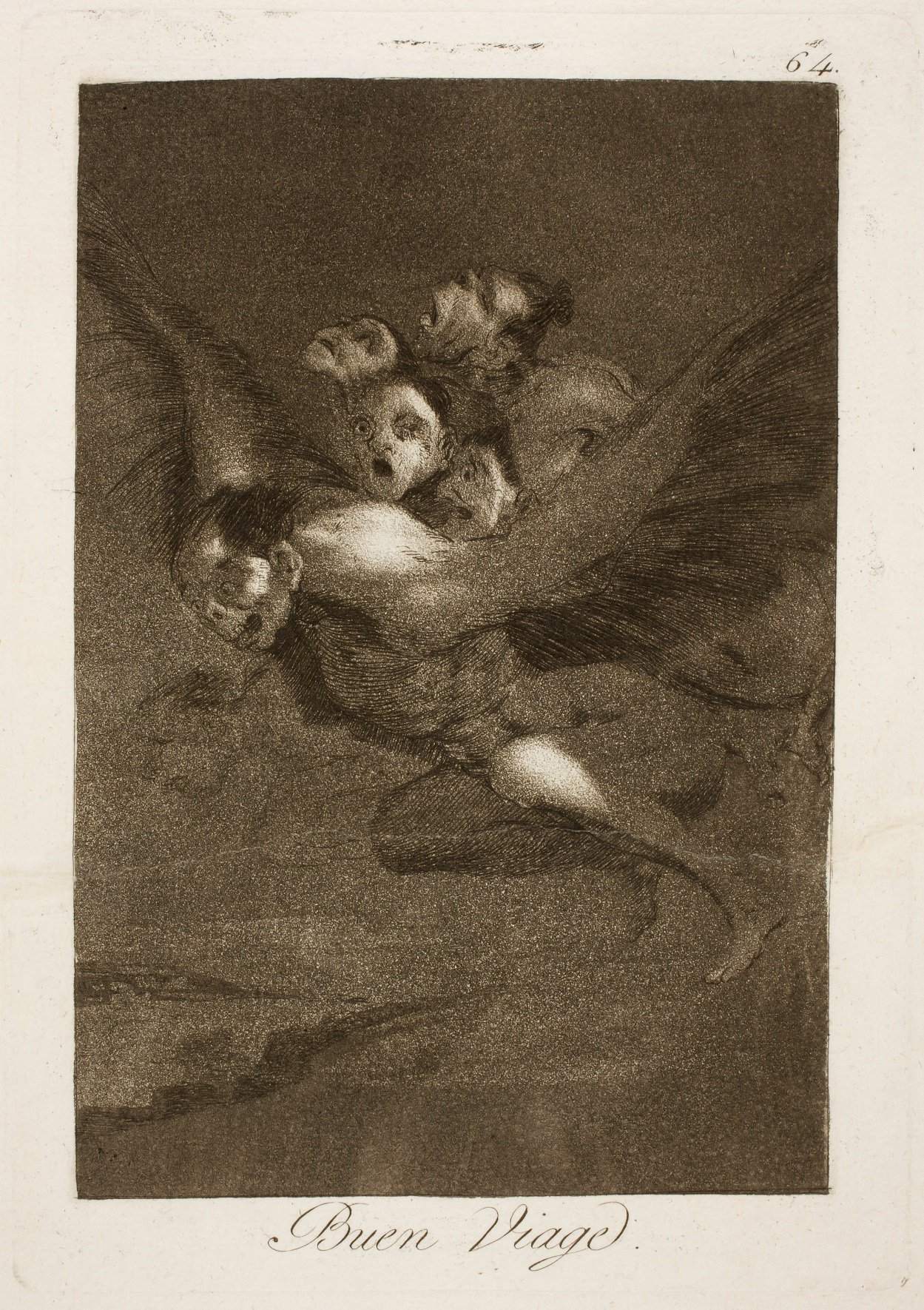
Francisco Goya, Capricho No. 64, Bon Voyage, 1797, Museo del Prada, Madrid.
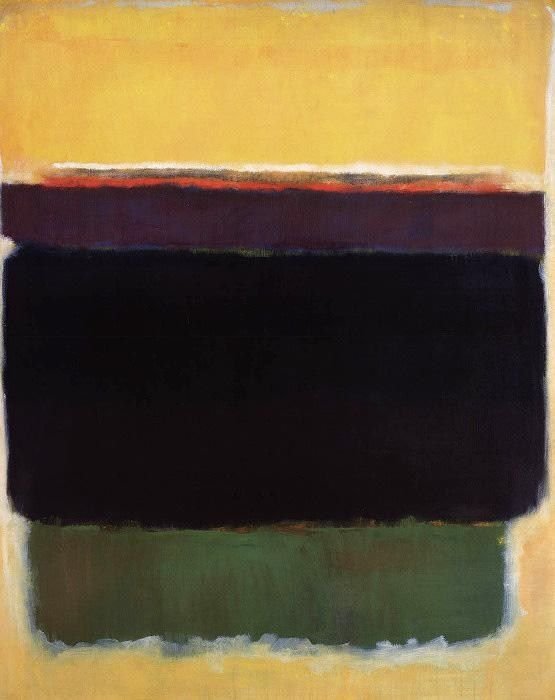
Mark Rothko, Untitled, 1949, National Gallery of Art, Washington D.C.
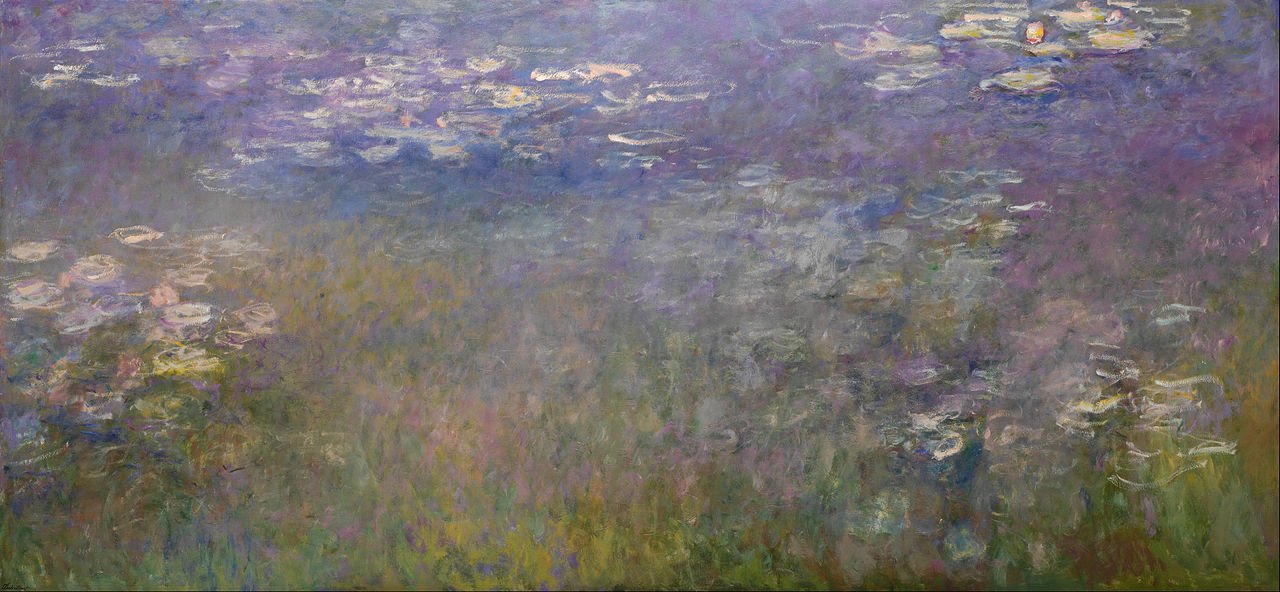
Claude Monet, Water Lilies, 1926, Nelson-Atkins Museum of Art, Kansas City.
References
- The Birth of Tragedy, Friedrich Nietzsche, 1872
- Classics of Poetry, Confucius
- Critique of Aesthetic Judgement, Immanuel Kant, 1798
- A Defense of Poetry, Percy Bysshe Shelley, 1840.
- Divine Comedy, Dante Alighieri, 1321
- Greek Philosophy, John Burnett, Macmillan, London, 1924.
- Greek Philosophy, Georg W.F. Hegel, 1840.
- Greek and Roman Philosophy, Frederick Copleston, Doubleday, New York, 1946.
- A History of Greek Philosophy, Eduard Zeller, 1881.
- A History of Philosophy, Wilhelm Windelband, 1901
- Lectures on Aesthetics, G.W.F. Hegel, 1835
- On the Aesthetic Education of Man, Friedrich Schiller, 1794
- On Didactic Poetry; On Epic and Dramatic Poetry, Johann Wolfgang von Goethe
- On Naïve and Sentimental Poetry, Friedrich Schiller, 1795.
- The Poetic Principle, Edgar Allan Poe, 1850.
- Poetics, Aristotle (384- 322 BC), 335 BC
- Republic, Ion, Gorgias, Phaedrus, Plato (428- 347 BC).



